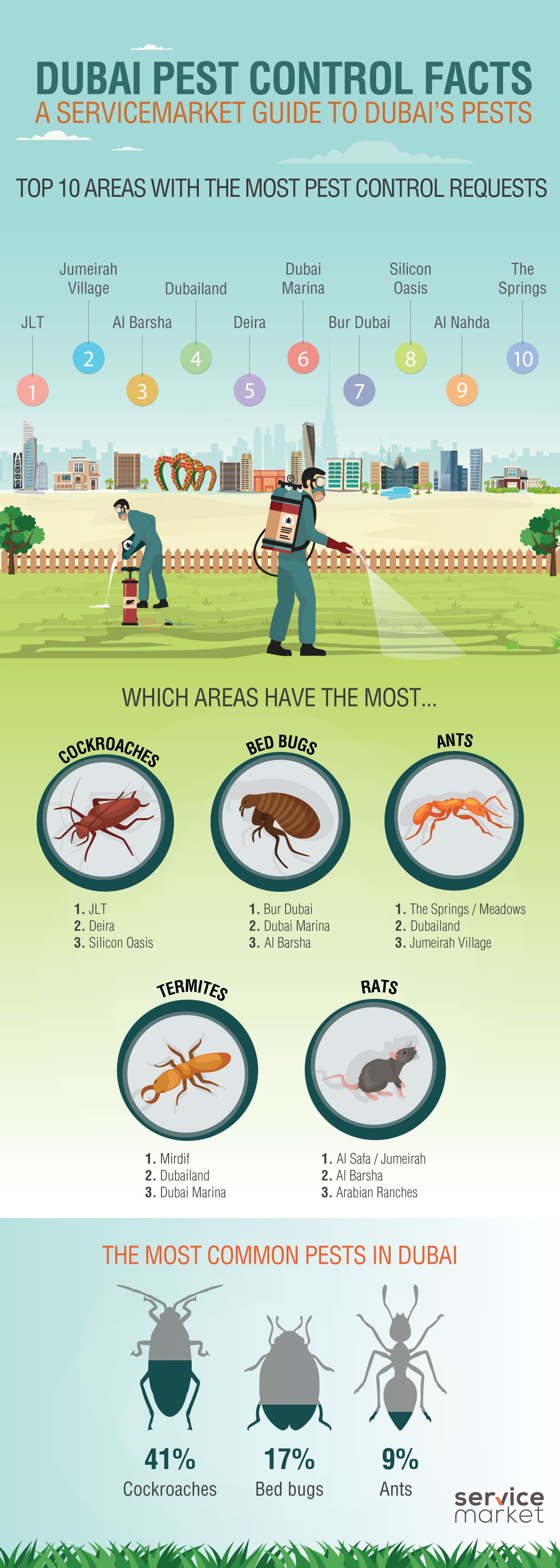Protect Your Yard From Pests: Recommendations For Maintaining Unwanted Intruders Away
Protect Your Yard From Pests: Recommendations For Maintaining Unwanted Intruders Away
Blog Article
Short Article Created By-Shaffer Fyhn
Picture your garden as a sanctuary, a location of harmony and beauty. However, the visibility of outdoor insects can quickly disrupt this idyllic image. What happens if there were easy yet reliable ways to maintain these undesirable site visitors away and protect your yard sanctuary? By complying with a couple of functional suggestions and executing natural techniques, you can create an unified outside space where your plants can prosper undisturbed.
Natural Insect Deterrents
To keep pests far from your garden normally, plant fragrant herbs like mint and lavender. please click the up coming article smelling plants not only add appeal to your yard however also serve as effective insect deterrents. Insects like insects, flies, and even some garden-damaging bugs are warded off by the strong aromas released by these herbs. Just putting them purposefully around your yard can assist develop a natural obstacle versus unwanted pests.
Along with mint and lavender, consider planting various other natural herbs like rosemary, basil, and lemongrass to further improve your garden's pest-proofing capabilities. a+ pest control serve as all-natural repellents but also have actually the added advantage of working in food preparation or crafting self-made treatments.
Strategic Plant Positioning
Take into consideration the format of your garden and the kinds of plants you have to purposefully position them for maximum pest-proofing effectiveness.
Start by organizing plants with comparable resistance to insects with each other. By doing this, you can develop a natural obstacle that prevents insects from spreading out throughout your yard.
In addition, putting pest-repelling plants like marigolds, lavender, or mint near more prone plants can assist secure them. Tall plants, such as sunflowers or corn, can serve as a shield for much shorter plants against insects like bunnies or ground-dwelling insects.
Keep in mind to leave adequate area in between plants to boost air flow and minimize the risk of illness that pests might carry.
Additionally, consider growing strong-smelling natural herbs like rosemary or basil near susceptible plants to confuse insects' detects and make it harder for them to find their targets.
Efficient Pest Control Approaches
For combating yard bugs effectively, applying a multi-faceted pest control technique is important. Begin by encouraging natural predators like birds, ladybugs, and hoping mantises to aid keep pest populaces in check. Introducing plants that bring in these beneficial bugs can assist in insect control. In addition, exercising good yard health by getting rid of debris and weeds where bugs may hide can make your garden less congenial to undesirable visitors.
Take into consideration making use of physical barriers such as row cover fabrics or netting to shield prone plants from parasites like caterpillars and birds. Applying natural pesticides like neem oil or insecticidal soap can likewise work versus specific parasites while being less dangerous to useful insects and the atmosphere. cb&s pest control to rotate your plants each season to stop the build-up of pest populations that target specific plants.
Frequently check your plants for indications of insect damage so you can take action quickly. By incorporating these methods and staying watchful, you can efficiently manage garden parasites and delight in a growing, pest-free yard.
Conclusion
So, there you have it - with the ideal strategies, you can keep pesky outside parasites away from your garden and assist your plants flourish.
Did you understand that growing mint has been shown to repel mosquitoes and other pests, decreasing the need for hazardous chemicals by approximately 60%?
By including natural deterrents and smart growing methods, you can create a stunning and pest-resistant yard sanctuary for you to delight in.
